Copyright Basics
Copyright is the sole legal right to reproduce, distribute, perform, and display creative material and that material’s derivative products. For any creative material to be protected in the United States, it must be:
- Original.
- At least minimally creative.
- Must be in a tangible medium of expression (written word, painting, photograph, or any other tangible medium).
Ordinarily, this right is given to the author of a creative piece when their work is placed in its fixed medium. So,
- Artists hold their rights in their paintings and sculptures.
- Writers hold their rights in their novels, books, short stories, and articles.
- Photographers hold their rights in the images they take.
- Architects hold their rights in the blueprints of the buildings they design.
- And many other categories of creative works.
The most notable thing about copyright is that it is an exclusive right; quite literally is the right to copy the protected work and the right to exclude others from doing so. The legal notion keeps other people from coming in and taking a writer’s work and selling or otherwise using that work to their own benefit. In other words, it gives the copyright holder the legal right to exclude others from doing all of those things.
Here’s the juicy part for authors and other creators. In the U.S., you don’t have to do anything—copyright attaches automatically. But (and this is an important but) if a copyright holder wants to go to federal court to enforce that copyright against someone infringing, the holder first needs to register a copyright with the federal government thru the U.S. Copyright Office. (Available online for as little as $45 in the U.S.)
How long does this right last?
Copyright is not perpetual, but most material created after 1978 has a period lasting for the author/creator’s lifetime plus 70 years. And, yes, if you write a book or take a photo or create anything artistic, those rights will survive you. It is a property right, much like any other.
It’s good to know how an author can protect their rights and how authors can keep from inadvertently infringing the copyright of others when they write.
I provide this posting as general information. As always, writers and publishers should never hesitate to consult a qualified legal professional if they have any questions about their legal rights and obligations.
To learn more about the original article or to hire a professional, click here.
For a step-by-step guide to a copyright page, click here.

